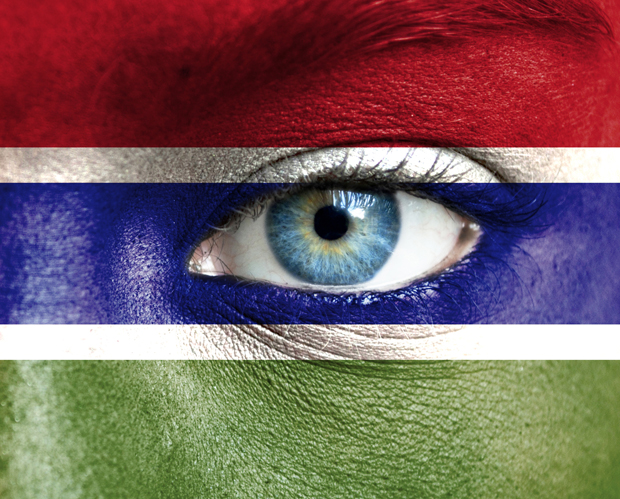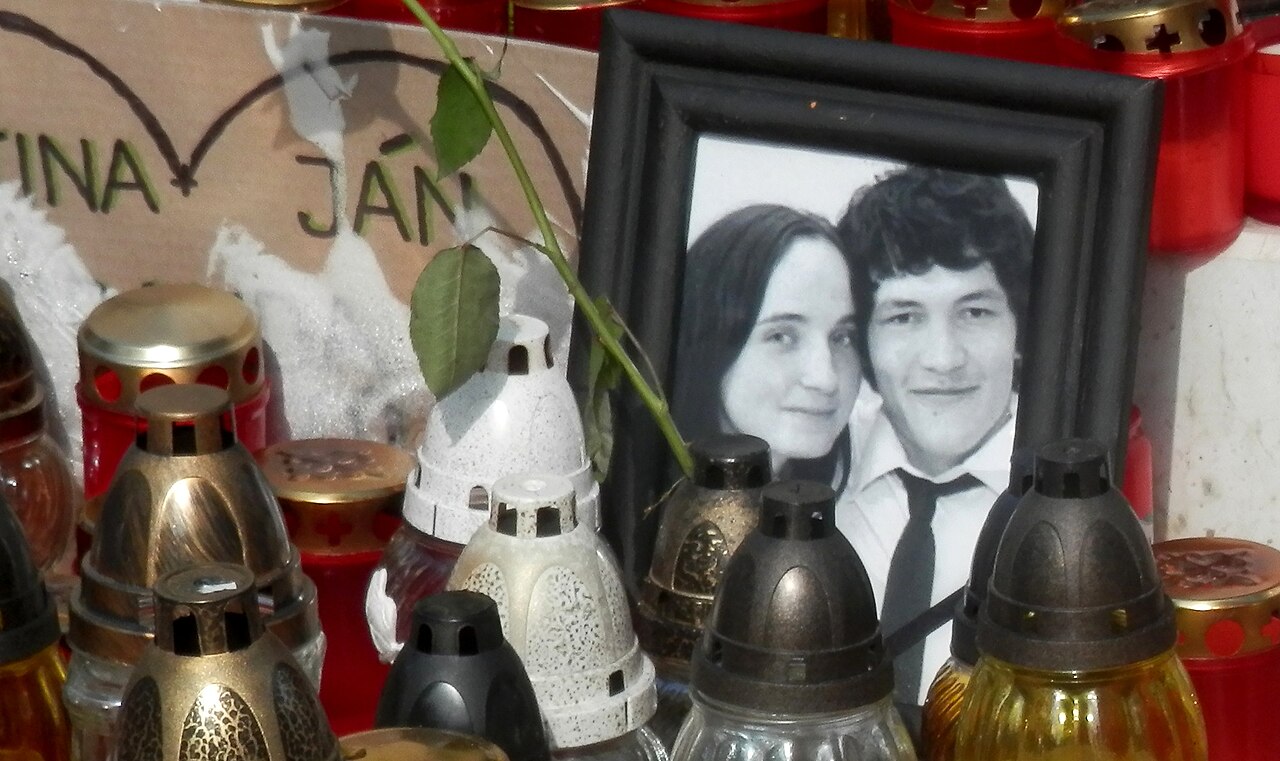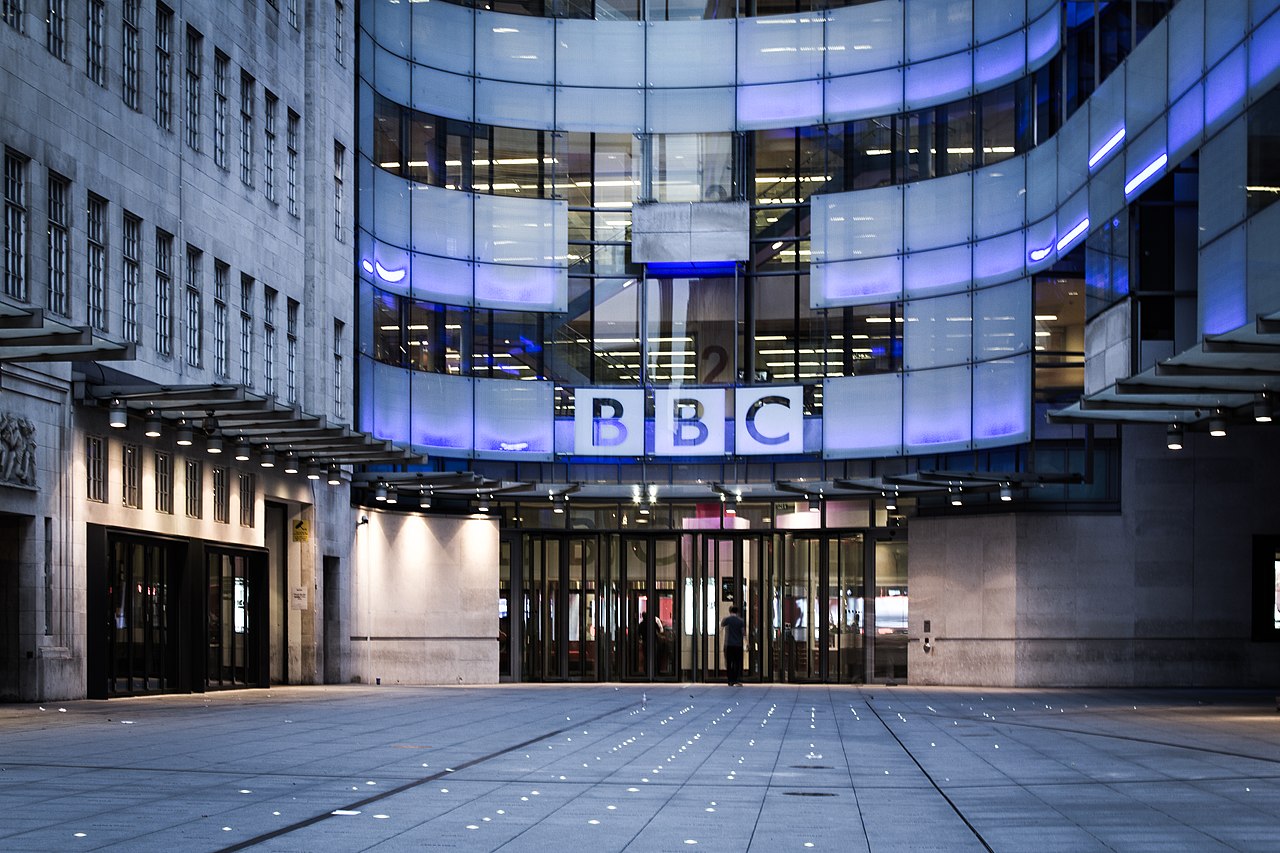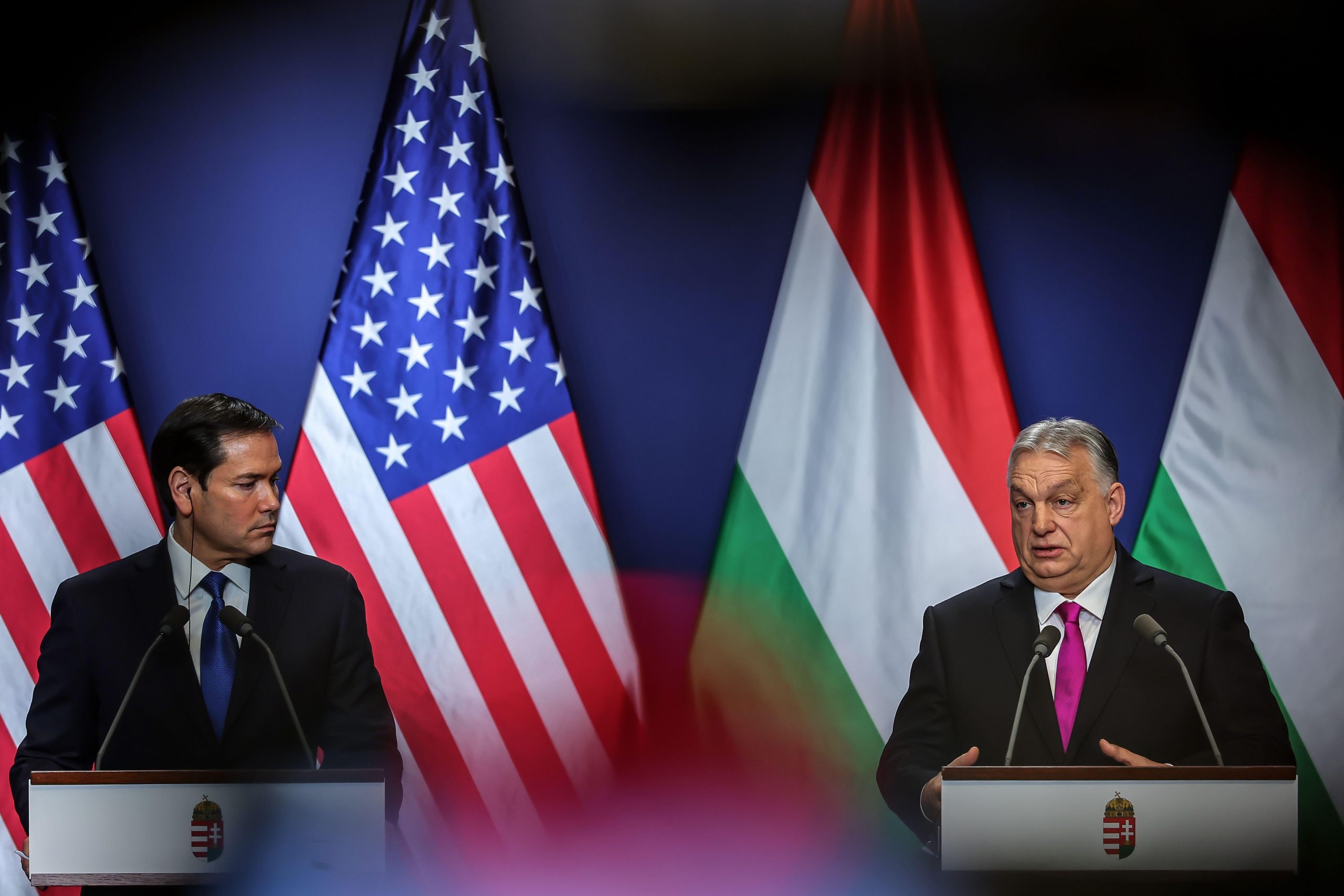
(Image: Shutterstock)
The campaign for media freedom in Gambia has lobbied the United Nations to take measures to address media freedom in the West African state. This comes amid a lingering struggle for freedom of expression and press freedom in the country, where over 110 journalists have gone into exile for fear of persecution.
Speaking at an event, journalist Omar Bah, author of the Africa Health on Earth, told delegates that journalism is the most dangerous profession in Gambia, adding there is the need for more awareness in the Gambian public to ensure divergent views for better democratic governance.
Bah, a survivor of torture who was presenting a paper on human rights, corruption, injustice and freedom of press, said: “We are way behind in terms of awareness due to censorship. If you write on a critical issue against the regime you are seen as inciting the people against the government.”
The Gambian writer said that in July 2013, the government directed the Public Utility Regulatory Authority to ban the use of free internet phone services using Voice over Internet Protocol (VoIP). Bah called this action a violation of press freedom. He added that the government said anyone using VoIP phone service was depriving the country of revenue from international and national calls and was therefore committing an economic crime. It subsequently stepped back from the ban but imposed stiff charges on internet cafes for use of VoIP.
He said the government pushed through legislation to impose sanctions on government officials and other individuals who give stories to Gambian online news outlets outside the country, with a penalty of a 15 year jail term or a fine of more than £47,000 for miscreants.
“I cannot imagine 110 journalists going into exile in small a country like Gambia, this shows how serious it is,” he stated. The figure is based on research conducted by the DOHA Centre for Media Freedom through the Dakar based inter-African Network for Women, Media, Gender Equality and Development, in collaboration with the International Federation of Journalists and the Gambian Press Union.
Bah also gave a vivid recollection of the 1999 media commission bill, the media amendment bill in 2004, the killings of Deyda Hydara, former co-proprietor and managing editor of the Point Newspaper, and Omar Barrow, former Sud FM Banjul reporter and Red Cross Volunteer, as well as the disappearance of former daily reporter Chief Ebrima Manneh, and torture of Musa Saidykhan.
“Media freedom has become worse in the Gambia, where there is too much arbitrary arrest, torture, killing and interference in the work of journalists, therefore, there is a need for a more global awareness on the issue to ensure that we have a free and vibrant media,” he concluded.
This article was posted on May 6, 2014 at indexoncensorship.org




